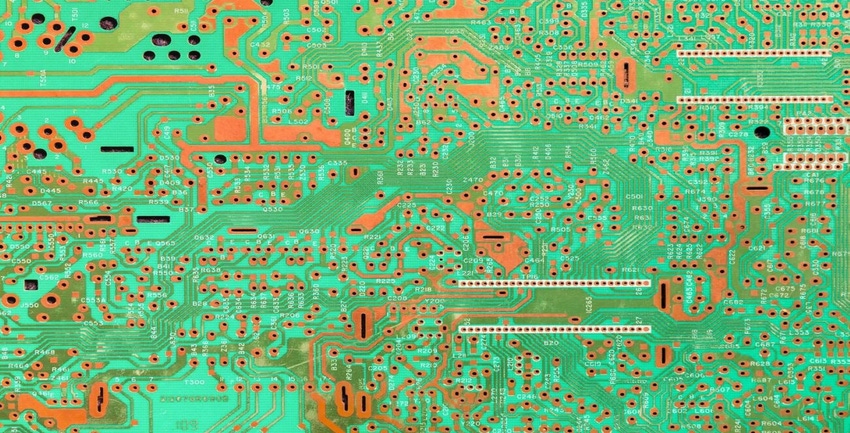Two Harvard alumni create hosting platform to help hardware engineers track and modify designs.

Software developers have for years been able to use the GitHub platform to fully track and document the products they have been developing. However, no such tool has been available for hardware designers, who have had to jury-rig Excel spreadsheets and rely on .pdfs and e-mails to keep track of their projects.
Enter a startup called AllSpice. The company was created by CEO Valentina Ratner and Chief Technical Officer Kyle Dumont, both engineers and Harvard MBA graduates who saw first-hand the challenges of hardware engineers trying to keep tabs of complex projects.
Like software programs that have different version numbers, hardware designs go through various iterations before a final product is created. But those iterations can involve many changes due to missing or errant components and flaws that emerge during the design cycle. Those iterations can lead to extensive delays and costs, which place enormous pressure on design engineers given ever-tighter time-to-market cycles and ongoing shortages of some components.
“Engineers were frustrated with the lack of version control tools for hardware designs,” said Dumont, who along with Ratner was recently interviewed by Design News. ‘We already knew about Git Hub for software and saw the power to create a system optimized for hardware.”
Dumont and Ratner set about to cofound AllSpice, and, with the help of several VC funding rounds, created a collaboration tool that enables engineers in any location to share files and information on the hardware designs. The development of the browser-based hardware design tool has been particularly timely, given the massive shift to remote work during the COVID-19 pandemic.
“We want to break the silos across teams and encourage cross-review and collaboration,” said Ratner. She added that while the tool is available for a subscription fee, it is being offered free to collaborators who bring in other design engineers. “We are seeing very high engagement as users are often bringing in two or three other collaborators.”
The tool provides a complete view of the hardware design, or can be configured to focus on selected sections. This flexibility enables engineers to easily flag problem locations in the circuit, such as where components may be missing. The platform enables designers to generate pc board, schematic, and bill of material redlines that automatically highlights design changes
More important, as with software collaboration tools, this hardware design tool allows engineers to annotate the design and view the feedback of their colleagues. Different versions of the design can be stored and annotated for collaborative review, which is particularly useful for design teams spread across different geographic regions and time zones.
The complexity of hardware designs makes tracing bugs or errors important, particularly at subassembly levels before sections of the overall design are integrated. “Errors can propagate once you integrate,” Dumont noted. “This tool creates an in-process journal of traceability changes. “We now have customers that participate in several design reviews weekly.”
According to Ratner, the tool makes it easier to document any electrical test on any portion of a hardware design, which would allow users to automate their verification procedures and further speed design cycles. Users can track issues and product release approvals in the same system as revision-controlled designs.
The AllSpice tool is compatible with common industry design tools such as GitHub, Altium Designer, Bitbucket, and BitLab.
Spencer Chin is a Senior Editor for Design News covering the electronics beat. He has many years of experience covering developments in components, semiconductors, subsystems, power, and other facets of electronics from both a business/supply-chain and technology perspective. He can be reached at [email protected].
About the Author(s)
You May Also Like





